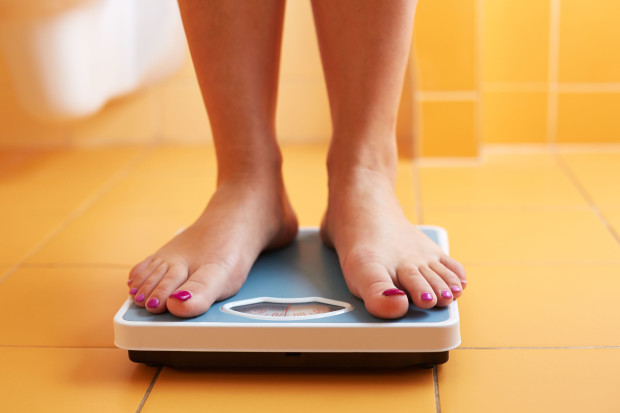Airline receives flak after weighing passengers before flights
Aircraft passengers are used to having their luggage and carry-on bags weighed before each flight, but one airline is getting flak after asking people to hop on a scale.
A pair of American-Samoan businessmen have filed protests against Hawaiian Airlines after they were weighed prior to boarding a flight from the Pago Pago International Airport in Honolulu.
After getting their measurements checked, the two were assigned specific seats to keep the plane’s load equally distributed, according to a Telegraph report.
The controversial new policy is reportedly implemented in response to an increase in average passenger weight, especially coming to or from the capital of American Samoa. The new rule also disallows passengers to choose their own seats online, the report said.
Hawaiian airlines, meanwhile, noted that the expanding girth of the typical passenger has forced them to alter the distribution weight policy in their Boeing 767 cabins—in order to meet the manufacturer’s prescribed guidelines.
Article continues after this advertisementOne of the two businessmen who voiced their displeasure, Avamua Dave Haleck, cried foul and accused the airline of discrimination because the rule applies only to a specific location.
Article continues after this advertisementHe pointed out that the plane used on the Honolulu-Pago Pago route could safely fly 269 passengers at a distance of 11,000 kilometers, while the distance between the two cities is just 4,176 km.
“Hawaiian is saying that it is a safety issue,” Haleck was quoted as saying in the report. “So have we been flying unsafe for all these years?”
According to the CIA’s world fact book, American Samoa has the highest rate of obesity in the world—which may have influenced the airline’s policy. Figures also indicated that 74 percent of its adult population are considered obese.
“This action resulted from the recognition that over time our fuel burn on Pago Pago flights was consistently much higher than projected, indicating that our weight assumptions were inaccurate,” a spokesperson from the airline defended the rule.
“The survey results confirmed that our aircraft cabin weight was heavier than projected. This requires us to manage the distribution of weight across each row in our cabin and we have elected to do so by making sure that one seat in each row is either empty or occupied by a traveler under the age of 13,“ she added.
The representative also defended the airlines’ removal of online booking.
“The decision to assign seats at the airport was made because that is the most efficient way to manage weight distribution. This allows us to make sure that families with children are seated together, for example, and it minimizes the confusion created by changing pre-selected seats.” Khristian Ibarrola/rga
